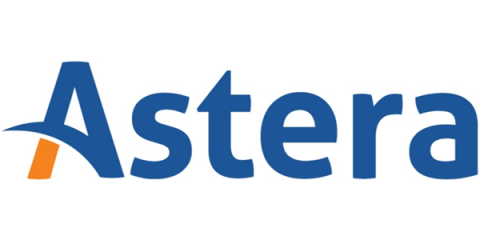What Is Metadata Why Is It Important?
Metadata refers to the information about data that gives it more context and relevance. It records essential aspects of the data (e.g., date, size, ownership, data type, or other data sources) to help users discover, identify, understand, organize, retrieve, and use it—transforming information into business-critical assets. Think of it as labels on a box that describe what’s inside. Metadata makes it easier to find and utilize the data that you need. Typical metadata elements include.











